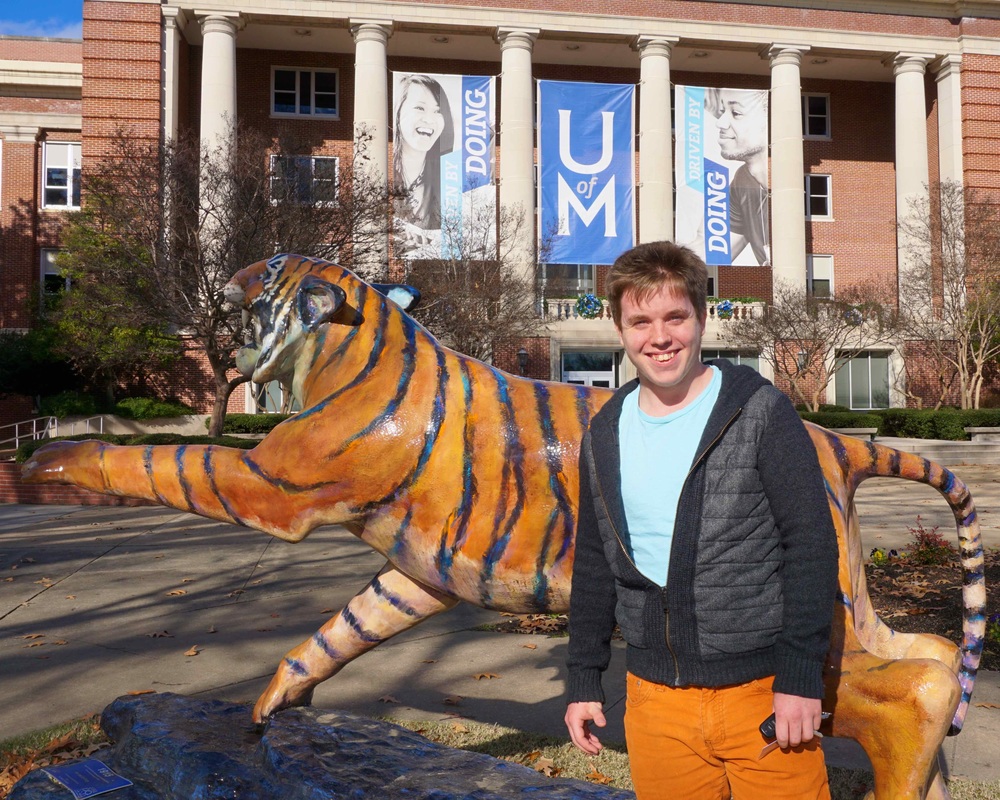“I’m a psychology major, but I also teach dance. Hope Church has a dance group for people with Down syndrome and autism, and this past spring they asked me to teach a class on hip-hop. We met for about a dozen sessions, and it was great. Communicating with someone on the autism spectrum is like an English speaker trying to communicate with a person who speaks only Chinese. The two of you have different languages, so it's easy to miss each other's meaning. When I taught the class, I was alert for clues into what I came to think of as the secret language of each individual person. I was always trying to translate my instruction in a way that particular person could understand. With one student I could do a series of movements and he could follow right along. But with the next student, that didn’t work; I had to do a very short sequence and let him echo me. It was different with everybody. You can’t just say, ‘Oh, they're on the autism spectrum. This is how they are. This is how they learn.’ ‘They’ is a nasty term. There is no ‘they.’ Every person is an individual, just like anybody else. Working with this group was a good experience. I would do it again in a second.”
Stephen Blancq, Dance instructor with Beth Cross Centre of Dance & Voice
FB: Hope Church
Website: Hope Church
FB: Beth Cross Centre of Dance & Voice
Website: Beth Cross Centre of Dance & Voice
FB: Autism Moms Group Memphis TN (open to parents of children on the autism spectrum - ask to join the group)
FB: Hope Church
Website: Hope Church
FB: Beth Cross Centre of Dance & Voice
Website: Beth Cross Centre of Dance & Voice
FB: Autism Moms Group Memphis TN (open to parents of children on the autism spectrum - ask to join the group)

 RSS Feed
RSS Feed